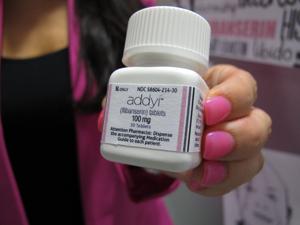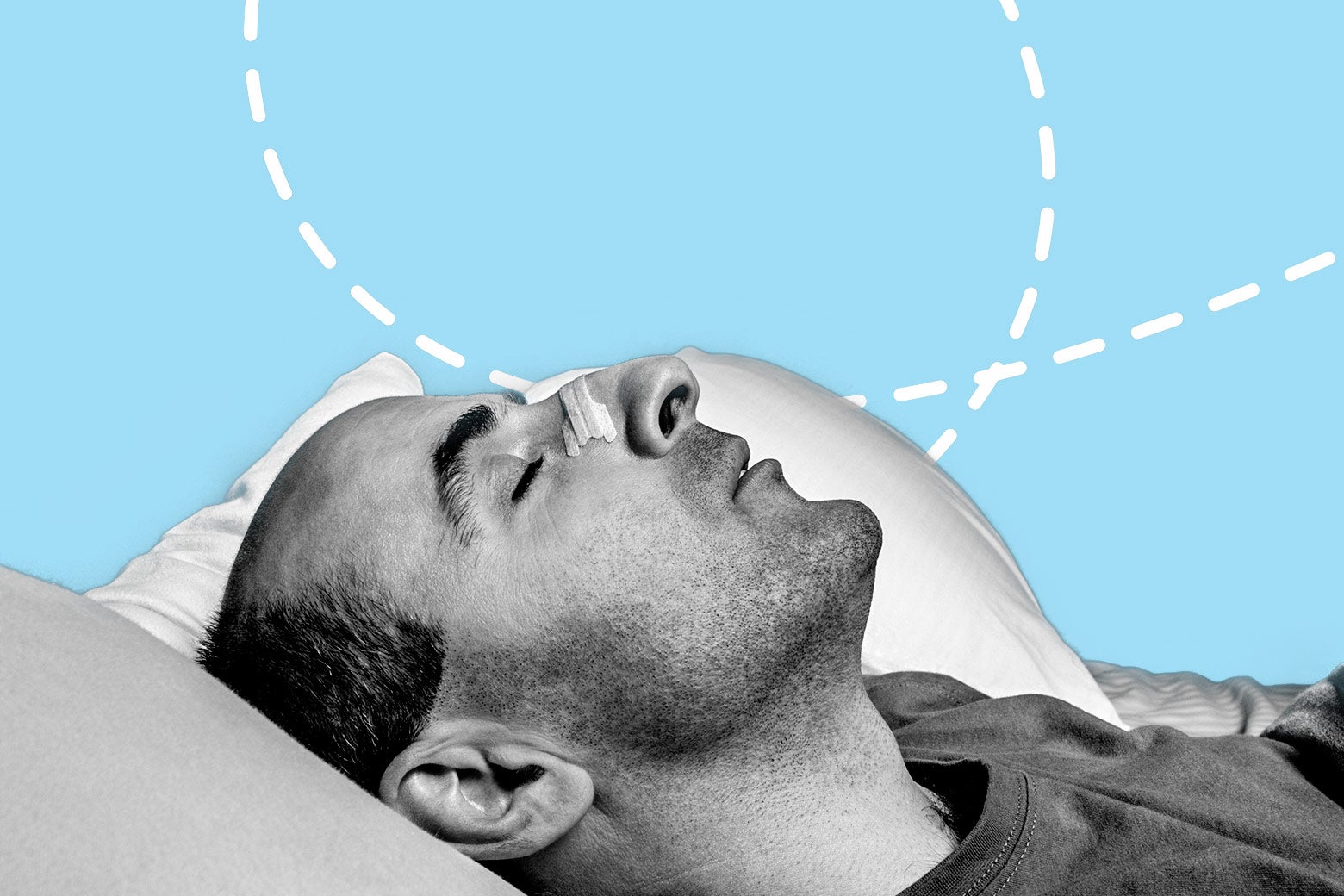Prolonged sitting poses significant health risks, but dietary choices may offer a protective edge. Researchers from the University of Birmingham in England have found that incorporating flavanol-rich foods into one’s diet can help mitigate the adverse effects of a sedentary lifestyle, particularly on vascular health. Flavanols are naturally occurring compounds found in foods like tea, berries, apples, and cocoa.
The average adult spends approximately 9.5 hours each day sitting, which is linked to an increased risk of heart disease and arterial plaque buildup. Aside from these long-term implications, prolonged sitting disrupts blood flow and alters how blood vessels function. Professor Catarina Rendeiro, a nutritional scientist involved in the study, stated, “Our work suggests that drinking or eating a food high in flavanols can be used as a strategy to mitigate some of the negative impacts of sitting on the body’s arteries.”
Understanding Flavanols and Their Impact
Flavanols contribute to improved vascular function primarily by enhancing the availability of a vasodilator known as nitric oxide (NO). This molecule plays a crucial role in relaxing and widening blood vessels, which in turn enhances circulation and supports heart health. Research indicates that the flavanol (−)-epicatechin, found in dark chocolate, cocoa, and green tea, can boost nitric oxide production in the body.
Professor Rendeiro explained that flavanols activate endothelial nitric oxide synthase (eNOS), the enzyme responsible for producing nitric oxide, through calcium-dependent signaling pathways. These pathways essentially signal cells to initiate nitric oxide production. Previous studies have established that even a minor decline of 1 percent in vascular function, as measured by Flow-Mediated Dilatation (FMD), can heighten the risk of heart disease, stroke, and heart attacks by 13 percent.
In this study, 40 healthy young men participated, split into two groups based on their fitness levels. Each participant consumed either a high-flavanol cocoa drink (containing 695 mg of total flavanols) or a low-flavanol counterpart (with just 5.6 mg) before sitting for two hours. Researchers measured various indicators before and after the sitting period, including FMD, blood pressure, blood flow, and leg muscle oxygenation.
Key Findings of the Study
The results highlighted that participants consuming the low-flavanol cocoa experienced declines in vascular function, increased blood pressure, and reduced muscle oxygenation, irrespective of their fitness levels. In contrast, those who drank the high-flavanol cocoa maintained stable vascular function throughout the two-hour sitting period. This groundbreaking study is the first to demonstrate that flavanols can prevent sitting-induced vascular dysfunction in young, healthy men.
Professor Sam Lucas, a co-author of the study, remarked, “Our experiment indicates that higher fitness levels do not prevent the temporary impairment of vascular function induced by sitting when only drinking low-flavanol cocoa. Importantly, after the high-flavanol drink, both fitter and less-fit participants kept their FMD the same as it was before sitting for two hours.”
These findings underscore the importance of dietary habits in counteracting the detrimental effects of prolonged sitting. Simple choices—such as drinking a cup of green or black tea, consuming fruits, or indulging in cocoa—can significantly enhance vascular health. The research suggests that flavanol-rich foods have a beneficial impact on blood vessel function, regardless of an individual’s fitness level. This highlights the role of everyday dietary choices in promoting heart health during times of inactivity, such as extended meetings or desk work.
The study did not include women, as hormonal fluctuations during the menstrual cycle can influence the effects of flavanols on vascular health. Future research will explore this aspect further. Clinical nutritionist Sarah Hanratty, who was not involved in the study, noted that animal studies indicate potential differences in how men and women respond to flavanols. She added that women in the perimenopause phase may experience enhanced cardiovascular benefits from flavanols, with these effects changing after menopause when estrogen levels drop.
As the global population grapples with the consequences of sedentary lifestyles, this research offers valuable insights. By making informed dietary choices, individuals can take proactive measures to safeguard their vascular health and overall well-being during periods of inactivity.







